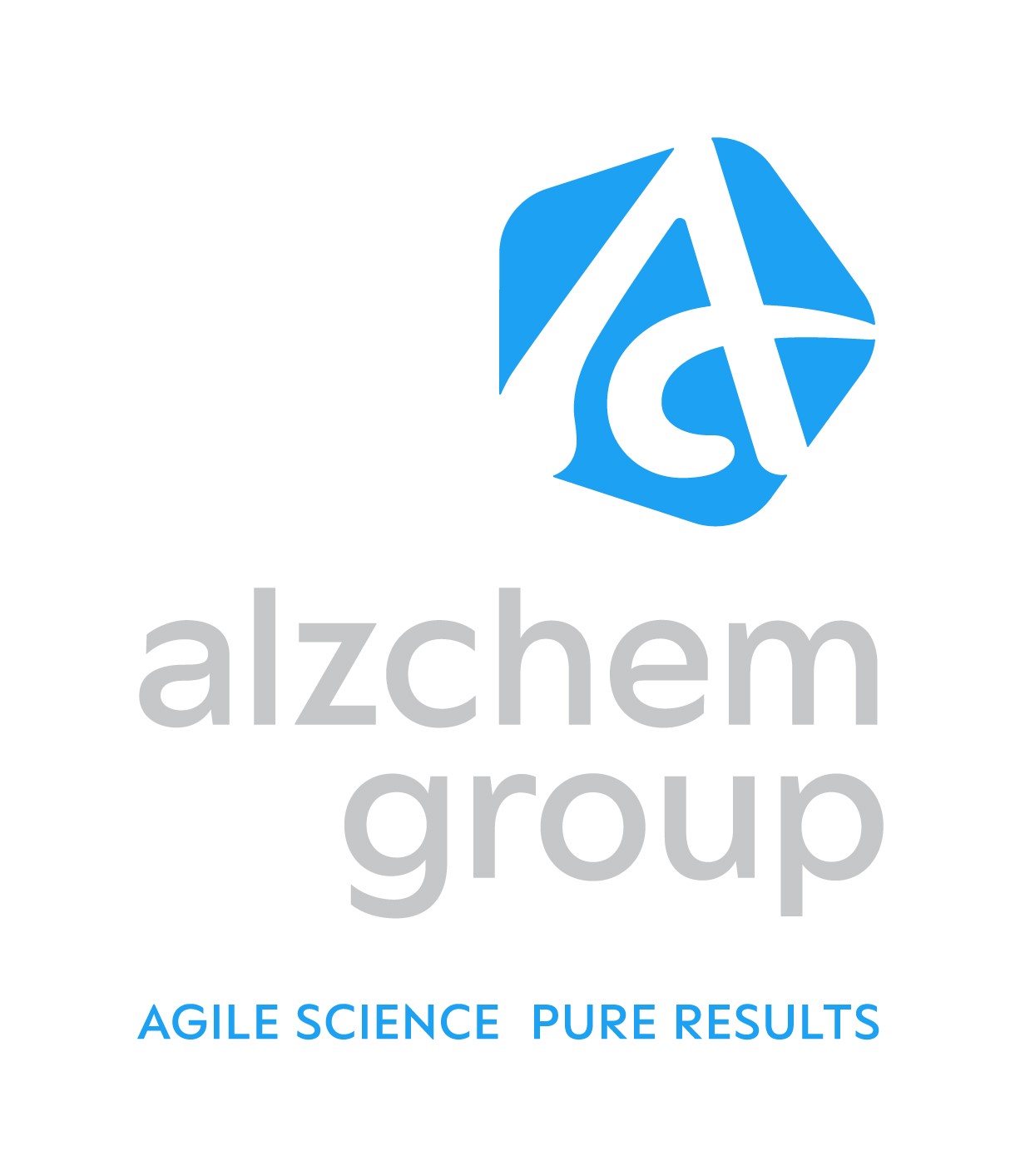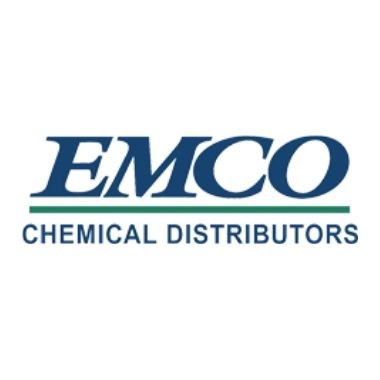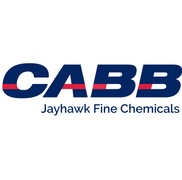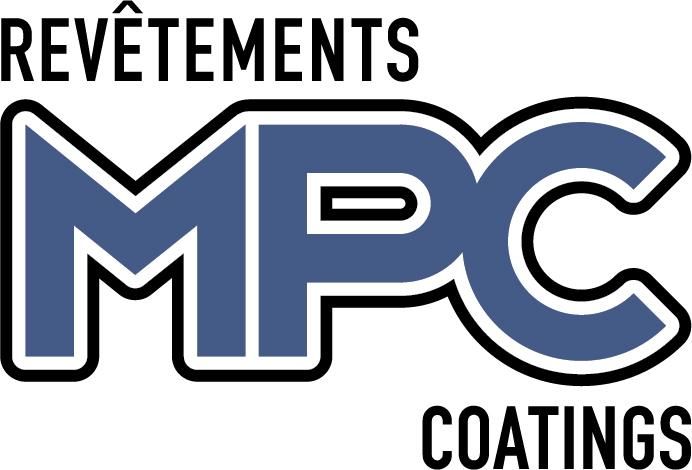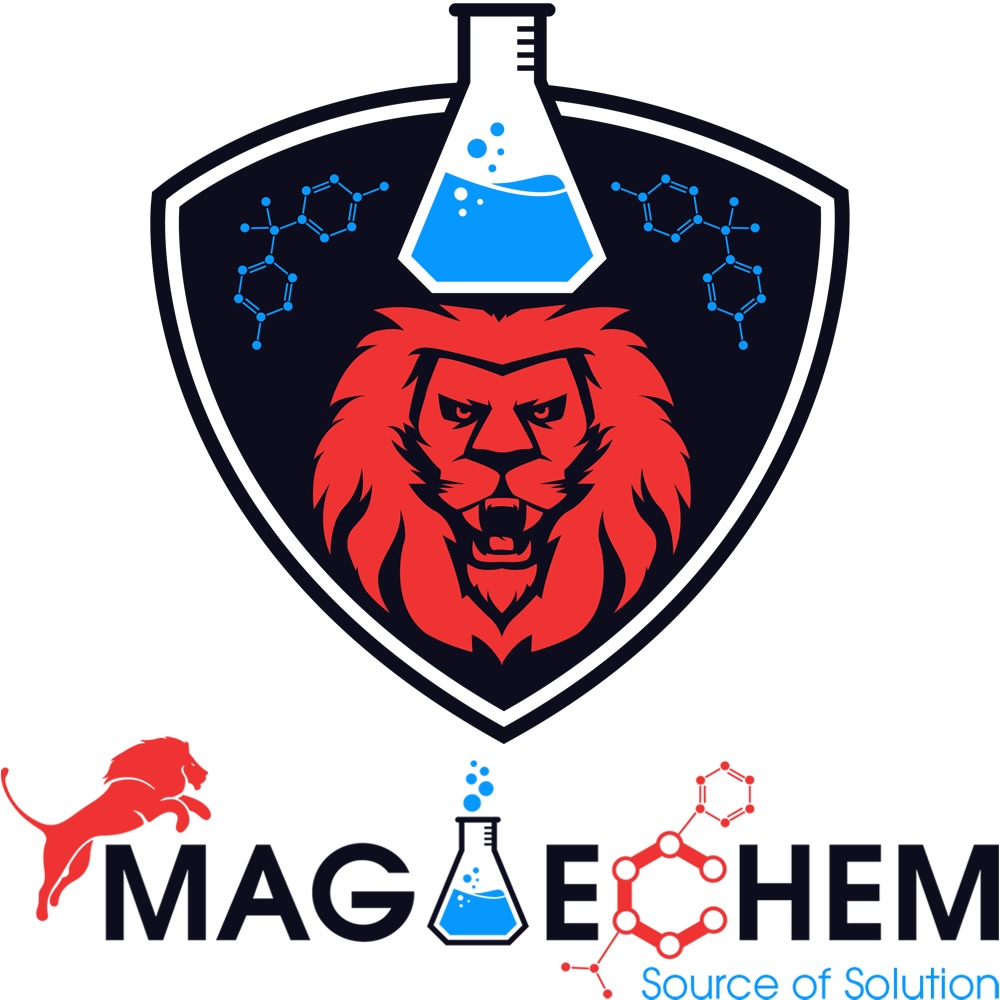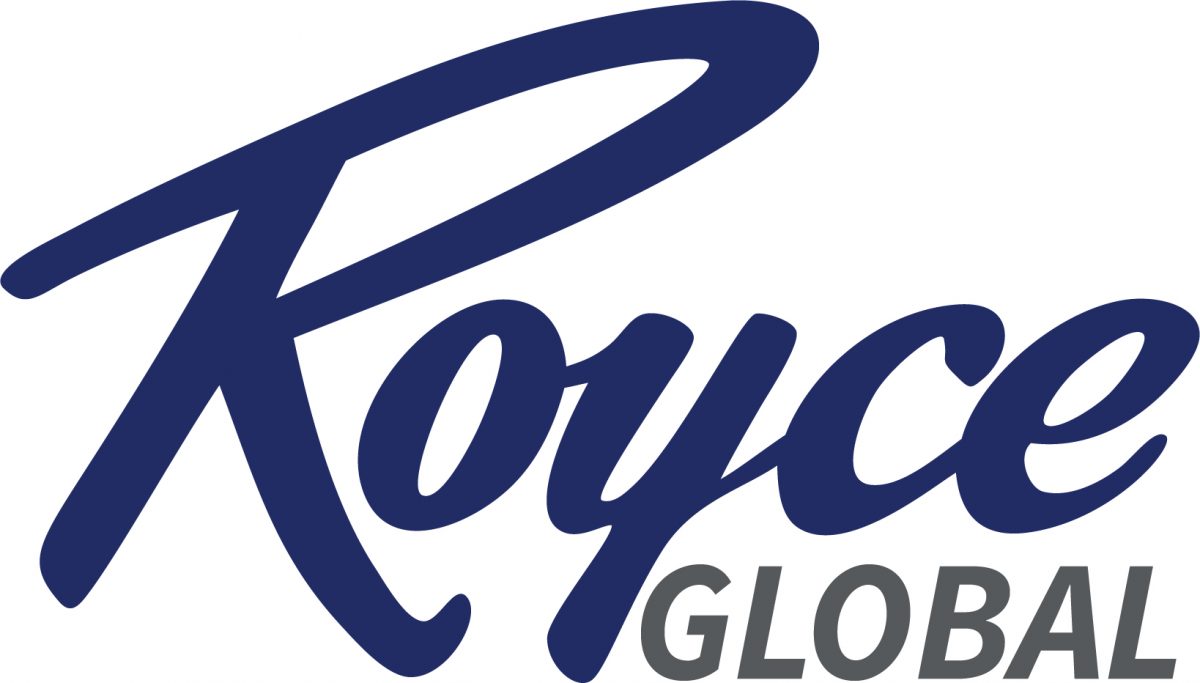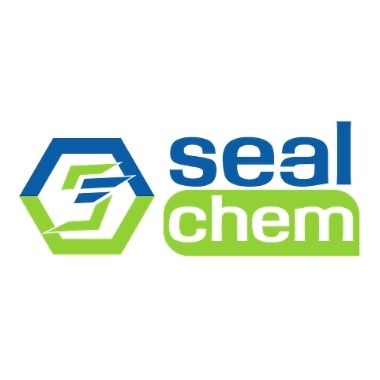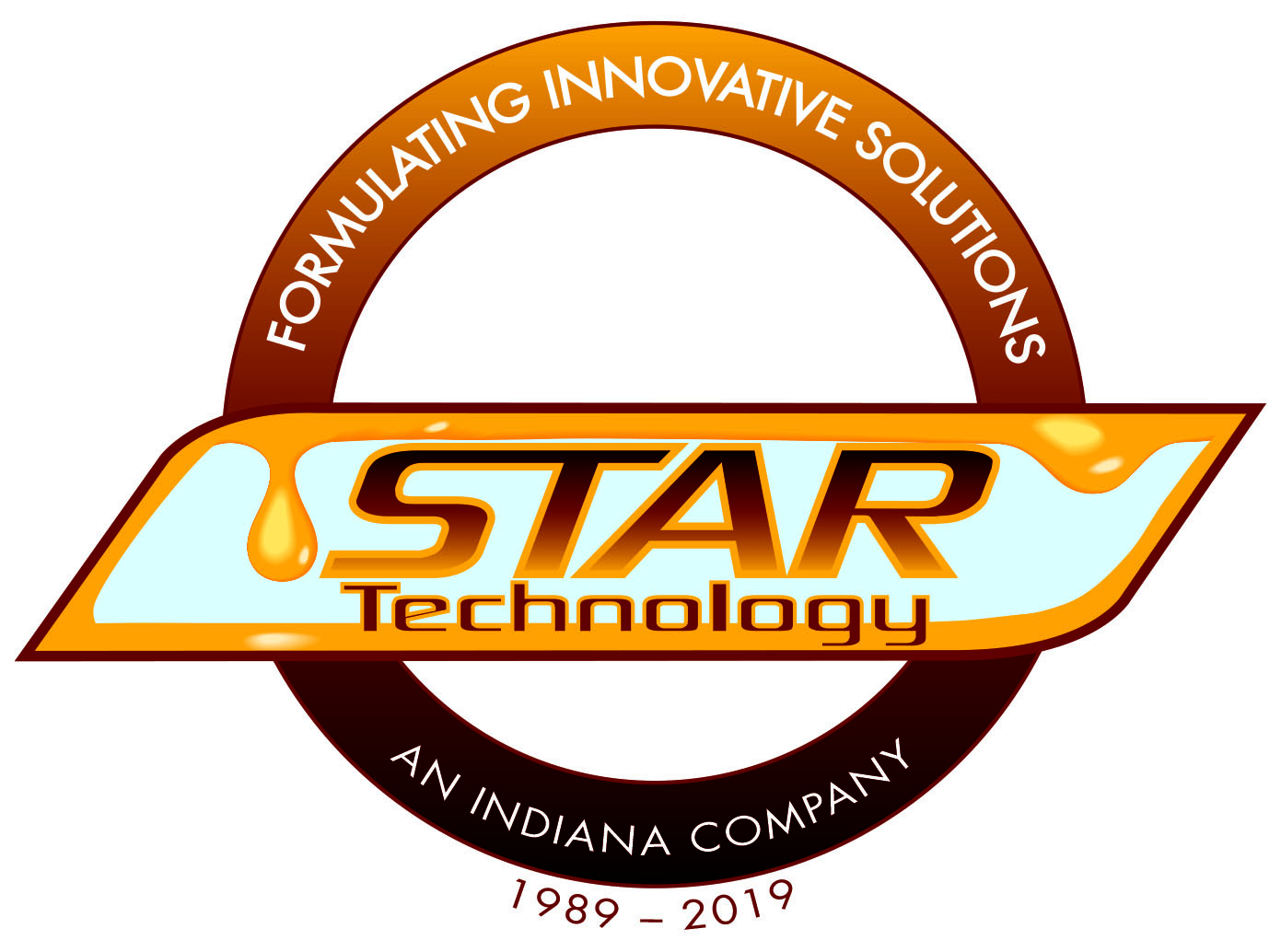Keynote Address - Green Chemistry: Inventing a Circular EconomyPresenter: John Warner, Ph.D., ZymergenSession Description The natural world is a beautiful and intricate system of intertwined and overlapping materials ecosystems. As humans, our understanding of the various interrelationships is only at the most basic level. One important reason why these naturally interdependent cyclic systems exist with exquisite complexity is because of the very fact that they all co-emerged over hundreds of thousands of years in the presence of one another. Evolutionary forces drove symbiotic relationships by selecting for and against mechanisms and materials that were conducive to the success of the entire multi-component matrix. As human society seeks to create a circular economy, we unfortunately have the disadvantage that our various industrial “species” have developed with a level of independence, essentially unaware of adjacent processes. We are forced into a position of creating connectivity’s that were not part of the considerations in the original design. Obviously, this creates a daunting challenge. While there have been some examples of the circular economy designed and deployed in many industrial settings, the vast majority of industrial products and processes continue to exist disconnected and unsustainable over the long run. The pathway to create most of these technological ecosystems will require the inventive application of green chemistry (the molecular level mechanistic underpinnings of sustainability). This presentation will describe examples of how organizations seeking a circular strategy benefit from integrating the principles of green chemistry with product design, manufacturing and supply chain management. About John Warner He is one of the cofounders of the field of green chemistry, coauthoring the defining text and articulating the 12 principles of green chemistry with Paul Anastas. John has over 100 publications providing foundational work in the fields of noncovalent derivatization, polymer photochemistry, metal oxide semiconductors and synthetic organic chemistry. John has received prestigious awards as an academic (PAESMEM – President G. W. Bush & NSF, 2004), industrial chemist (Perkin Medal – Society of Chemical Industry, 2014), inventor (Lemelson Ambassadorship – Lemelson Foundation & AAAS) and for governmental chemicals policy (Reinventing Government National Performance Review – Vice President A. Gore & EPA, 1997). He received the American Institute of Chemistry's Northeast Division's Distinguished Chemist of the Year for 2002 and the Council of Science Society President’s 2008 Leadership award. Warner was named by ICI Services as one of the most influential people impacting the global chemical industries. In 2011 he was elected a Fellow of the American Chemical Society and named one of “25 Visionaries Changing the World” by Utne Reader. He serves as Distinguished Professor of Green Chemistry at Monash University in Australia. He serves as the Global Chair for the Center for Sustainable and Circular Technologies at the University of Bath. In 2017 the German Ministry of Economic Affairs and The Technical University of Berlin announced the naming of “The John Warner Center for Green Chemistry Start-Ups” in his honor. John received his BS in Chemistry from UMASS Boston, and his PhD in Chemistry from Princeton University. After working at the Polaroid Corporation for nearly a decade, he then served as tenured full professor at UMASS Boston and Lowell (Chemistry and Plastics Engineering). In 2007 he founded the Warner Babcock Institute for Green Chemistry, with Jim Babcock (a research organization developing green chemistry technologies), and Beyond Benign with Amy Cannon (a non-profit dedicated to sustainability and green chemistry education). He now advises several international organizations and in 2020 began working with the Zymergen Corporation. |





